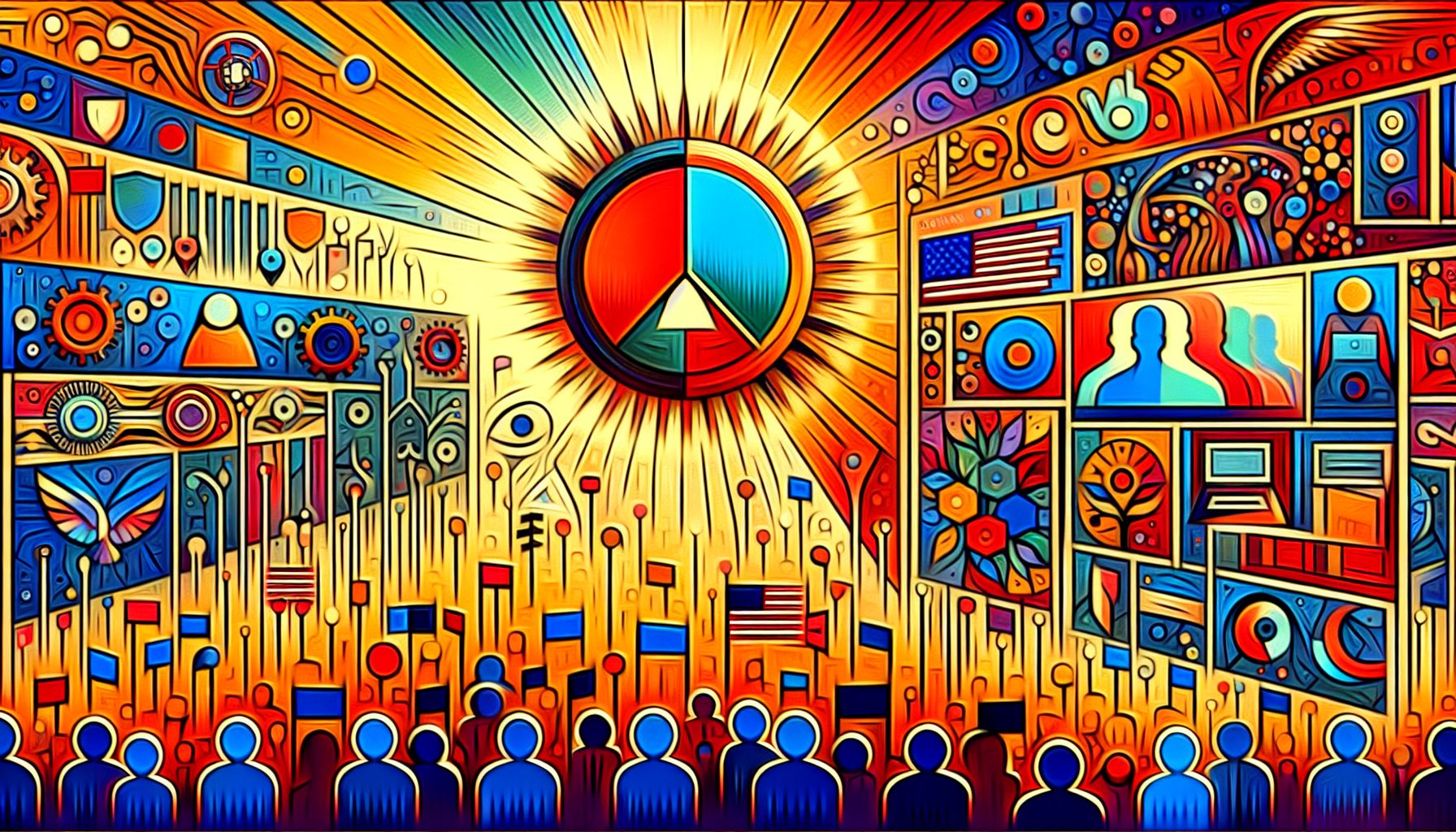indian elections see widespread use of deepfake technology

Indian politicians are using AI-generated deepfakes to reach voters, raising ethical and security concerns. Millions of deepfake calls have been made, altering the landscape of voter outreach.
AI-Driven Campaigns
As India’s general elections unfold, the use of AI-generated deepfakes by political candidates has become a prominent feature. Shakti Singh Rathore, a local politician in Ajmer, India, has employed deepfake technology to deliver speeches in multiple languages and dialects, reaching a wider voter base. This is not an isolated instance but part of a broader trend where AI is leveraged to create personalized and region-specific political messages[1].
The Mechanism Behind Deepfakes
Deepfakes are created using Generative Adversarial Networks (GANs), a class of machine learning frameworks. These networks consist of two neural networks—the generator and the discriminator—that contest with each other to produce increasingly realistic images, videos, and audio. In the context of Indian elections, companies like Polymath Synthetic Media Solutions, led by Divyendra Singh Jadoun, specialize in creating these deepfakes for political campaigns. Jadoun’s firm has delivered five AI campaigns this election season, earning approximately $55,000[1].
Benefits of AI in Elections
The primary advantage of using AI and deepfakes in elections is the ability to reach a diverse electorate with tailored messages. In a country like India, where linguistic diversity is immense, AI-generated voices can address voters in their native languages, making the communication more personal and effective. For instance, more than 50 million AI-generated voice clone calls were made in the two months leading up to the elections, with millions more expected during the voting period[1]. This technology enables politicians to extend their reach without the physical and logistical constraints typically associated with traditional campaigning.
Ethical and Security Concerns
Despite its benefits, the use of deepfakes in political campaigns raises significant ethical and security concerns. The potential for misinformation is high, as AI-generated content can easily distort facts and spread false information. Fact-checkers in India are struggling to keep up with the rapid dissemination of AI-manipulated content, which can spread like wildfire on social media platforms. Experts like Mr. Chinnadurai and SY Qureshi have voiced concerns about the implications of deepfakes, warning that they could undermine the integrity of the electoral process[2].
The Role of Social Media
Social media platforms are pivotal in the distribution of AI-generated content during elections. Platforms like Instagram, YouTube, and WhatsApp are extensively used by political parties to engage with voters. The Bharatiya Janata Party (BJP), for instance, manages over five million WhatsApp groups and has a significant presence on YouTube and Instagram, with millions of followers. This extensive use of social media amplifies the reach of AI-generated deepfakes, making it challenging to control the spread of misinformation[3].
Future Implications
The widespread use of deepfakes in India’s elections offers a glimpse into the future of AI-driven democracy. While the technology provides innovative ways to engage voters, it also poses risks that need to be addressed. Regulatory bodies, cybersecurity agencies, and social media platforms must collaborate to develop technologies and policies that can detect and mitigate the impact of deepfakes. As AI continues to evolve, the balance between leveraging its benefits and minimizing its risks will be crucial for the integrity of democratic processes worldwide[4].

